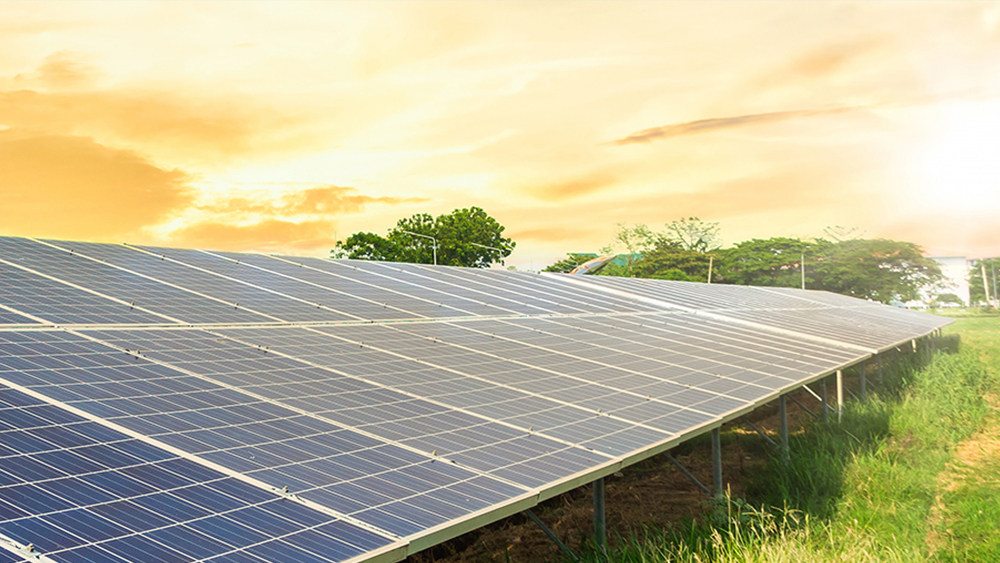As the world seeks cleaner and more sustainable energy solutions, solar power has emerged as a promising contender. Utility-scale solar farms contribute significantly to renewable energy generation while rooftop solar installations are gaining popularity among individuals and businesses. But what is utility-scale solar, how does it work and what are the benefits?
What are the benefits of Utility-Scale Solar?
01) Scalability:
Utility-scale solar installations can be expanded to meet increasing energy demands, providing a scalable solution for renewable energy generation.
02) Cost-Effectiveness:
Large-scale solar farms benefit from economies of scale, allowing lower cost per kilowatt-hour (kWh) the larger the farm. This makes solar farms cost-competitive with other energy sources, especially as solar panel prices continue to decline.
03) Land Utilisation:
Solar farms can be situated on marginal or unused land, minimising conflicts with other land uses. On Grand Cayman, land space continues to be a sought-after resource but there are dedicated areas of land throughout the Island that are not deemed environmentally sensitive and CUC would seek to work with the Department of Environment to find the most suitable land for a solar farm. Additionally, Agro-Voltaics is an option that CUC is willing to consider. This is where land is used for dual purposes, the hosting of solar panels and crops or agricultural animals such as cows.
04) Greenhouse Gas Reduction:
Utility-scale solar displaces fossil fuel-based electricity generation, resulting in reduced greenhouse gas emissions and mitigating climate change impacts. Utility-scale solar is the most viable large scale renewable energy option for Grand Cayman.
What is Utility-Scale Solar?
Utility-scale solar refers to large-scale solar power installations that generate electricity for distribution to the grid. These solar farms consist of arrays of solar panels mounted in open land to maximize exposure to sunlight.
How does Utility-Scale Solar Work?
The solar power is injected into the electrical grid, where it mixes with power from other sources. In Grand Cayman, the existing infrastructure is the diesel-generating power plants. CUC then manages the distribution and balancing of electricity to meet consumer demand.
While there are complexities and challenges with utility-scale solar and the impacts on the grid, CUC is committed to finding solutions and implementing infrastructure to be able maintain grid stability and add more solar energy.
The Utility Regulation and Competition Office (OfReg) announced that in order for large scale solar to be offered on Grand Cayman, there would be a competitive bid process for utility-scale solar. CUC is prepared to compete to be the most cost effective, skilled and efficient solar provider for Grand Cayman.
CUC has drafted and looked at multiple different designs for solar power plants that will best suit the needs of Grand Cayman. CUC has also looked at storage options for overnight use and has aligned with global best practices for the deployment of solar on a large scale.

